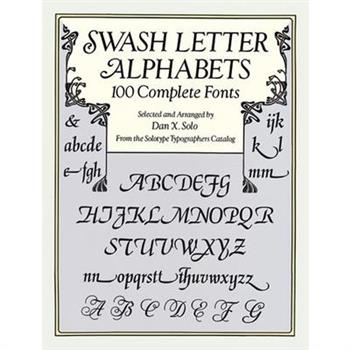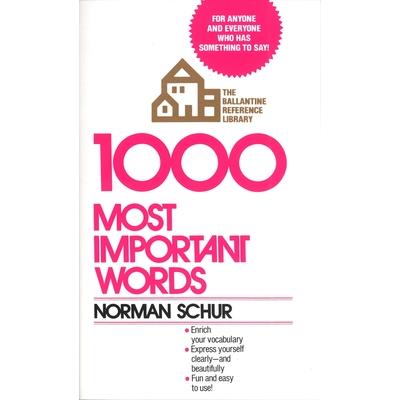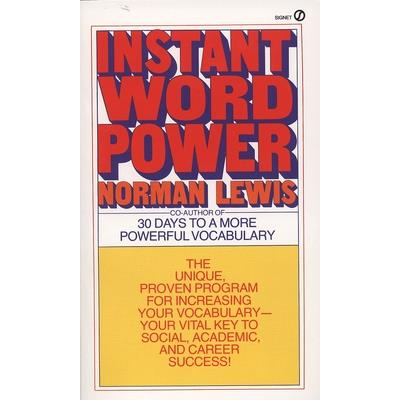Vocabulary for Dummies
Have an interest in words? From the meaning of prefixes and suffixes to word origins and trivia, this book can help you build your vocabulary Someone just called you captious. Should you be flattered? Considering your extreme lactose intolerance, is it a good idea to order veau au b矇chamel from a French menu? Calumny is to slander as obloquy is to a) flattery, b) sermon, or c) invective? You've just heard that your new boss is a real martinet. Should you be worried or excited about this new addition to your workplace? Your partner says you have no 矇lan; does that mean you're all out of yogurt? Starting to wish you'd paid more attention in English class? Don't worry, it's never too late to develop a million-dollar vocabulary--and Vocabulary For Dummies offers you a fast, fun, and easy way to do it. Whether you're preparing for standardized tests, or you want to feel more knowledgeable at work or more comfortable in social situations, this book is for you. In no time you'll: Dramatically expand your vocabulary Speak with style Write with panache Make a better impression at work or school Dine out with confidence Have the right words for formal occasions and ethnic events Get more out of what you read Vocabulary For Dummies doesn't overwhelm you with endless word lists. Instead, it gives you a complete vocabulary-building program that familiarizes you with words from all areas of life as they're used in context--from bar mitzvahs to business meetings, PCs to politics--with a host of fun features, including: Word tables organized by common features, such as language of origin, professional or social contexts, similarities, and more Sample conversations that incorporate new terms and define related ones Before-and-After examples that show how to replace old, general terms with new, specific vocabulary Pointers that reinforce understanding with examples of correct and incorrect usage Chapters on terms from finance, law, medicine, eating and shopping, history and mythology, various languages, and more Vocabulary For Dummies makes it easier than ever for you to learn difficult words that impress your friends and coworkers. Grab your own copy and get ahead at school, at work, and in life.
Learning to Spell
This distinctive cross-linguistic examination of spelling examines the cognitive processes that underlie spelling and the process of learning how to spell. The chapters report and summarize recent research in English, German, Hebrew, and French. Framing the specific research on spelling are chapters that place spelling in braod theoretical perspectives provided by cognitive neuroscience, psycholinguistic, and writing system-linguistic frameworks. Of special interest is the focus on two major interrelated issues: how spelling is acquired and the relationship between reading and spelling. An important dimension of the book is the interweaving of these basic questions about the nature of spelling with practical questions about how children learn to spell in classrooms. A motivating factor in this work was to demonstrate that spelling research has become a central challenging topic in the study of cognitive processes, rather than an isolated skill learned in school. It thus brings together schooling and learning issues with modern cognitive research in a unique way. testing, children writing strings of letters as a teacher pronounces words ever so clearly. In parts of the United States it can also bring an image of specialized wizardry and school room competition, the "spelling bee." And for countless adults who confess with self-deprecation to being "terrible spellers," it is a reminder of a mysterious but minor affliction that the fates have visited on them. Beneath these popular images, spelling is a human literacy ability that reflects language and nonlanguage cognitive processes. This collection of papers presents a sample of contemporary research across different languages that addresses this ability. To understand spelling as an interesting scientific problem, there are several important perspectives. First, spelling is the use of conventionalized writing systems that encode languages. A second asks how children learn to spell. Finally, from a literacy point of view, another asks the extent to which spelling and reading are related. In collecting some of the interesting research on spelling, the editors have adopted each of these perspectives. Many of the papers themselves reflect more than one perspective, and the reader will find important observations about orthographies, the relationship between spelling and reading, and issues of learning and teaching throughout the collection.
Swash Letter Alphabets
Add a touch of panache and style to a wide variety of graphic projects with the decorative letters in this unusual and practical collection. Typographer Dan X. Solo has compiled 100 different swash letter fonts -- typefaces characterized by ornate letters with long tails and flourishes. Included here are: Cantini Casual; Cranston; El Greco; Goudy Cursive; Italian Slab Fancy; Mardi Gras Regular; Raffia Initials; Rousseau Fancy; Allegro Swash; Artcraft; and dozens more.All fonts include uppercase alphabets; most also contain lowercase letters and numerals. Inexpensive and royalty-free, these alphabets are ideal for use in display ads, on posters, signs, menus -- almost any printed communications.
1000 Most Important Words
Based on the contention that we do not utillize speech to its fullest extent, this guide is an essential aide to unlocking our "passive" vocabularies and developing a keener appreciation of the richness of language. Indispensable For Writers, Speakers, Teachers!-- Enrich your vocabulary-- Express yourself clearly -- and beautifully-- Fun and easy to use!
Instant Word Power
Scientific surveys have shown that academic, social, and professional advancement are directly linked to the scope and effectiveness of your vocabulary. Now, vocabulary-building expert Norman Lewis opens a wonderful new world to you--the world of word power. Here is a proven and entertaining program packed with exercises, quizzes, hints, and reviews that will help you strengthen not only your vocabulary but your spelling, pronunciation, and grammar skills as well. And every lesson you complete will boose you one step further in your climb to success. With the aid of easy-to-follow, step-by-step instruction, you will learn the Latin and Greek roots, prefixes, and suffixes that unlock the meanings of thousands of words; master spelling, pronunciation, and grammar skills; convey your ideas more clearly and convincingly; become a confident speaker, comfortable in both social and business situations; and never be embarrassed by using a word incorrectly. All it takes is a little practice, a little patience, and Instant Word Power.










